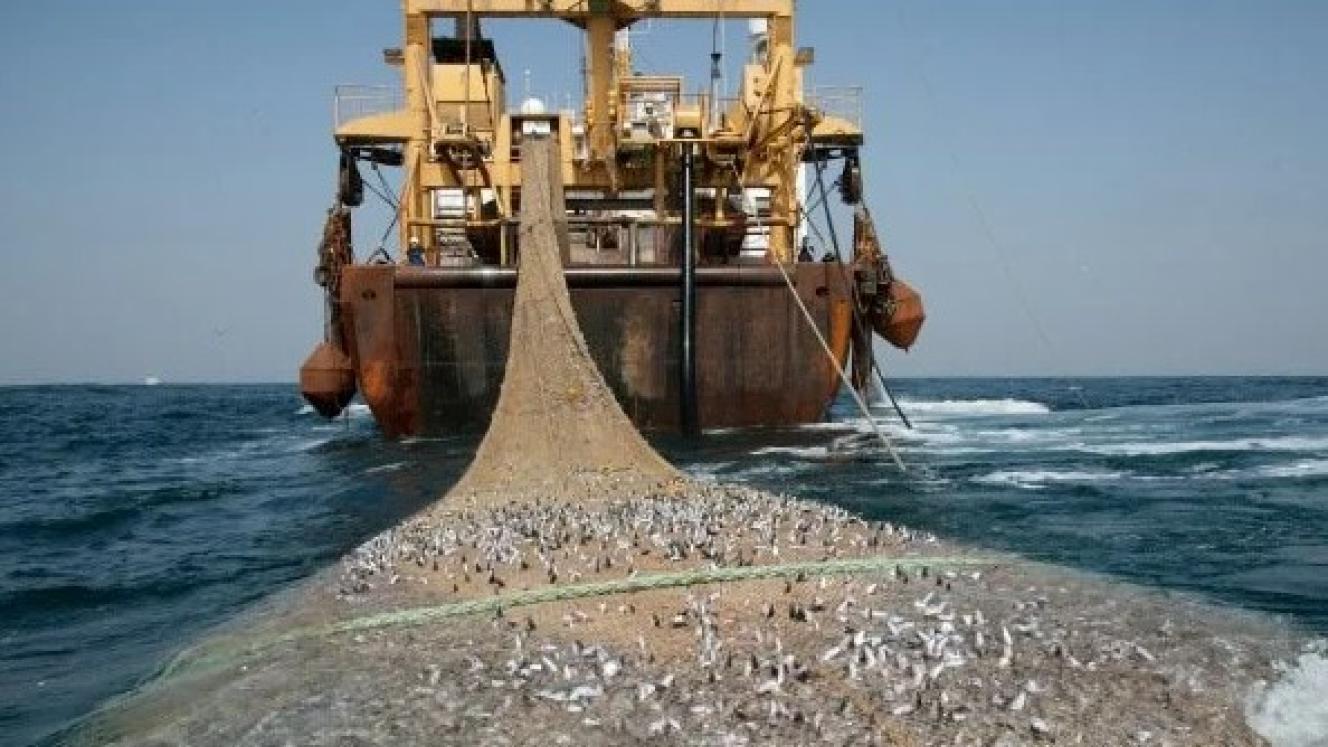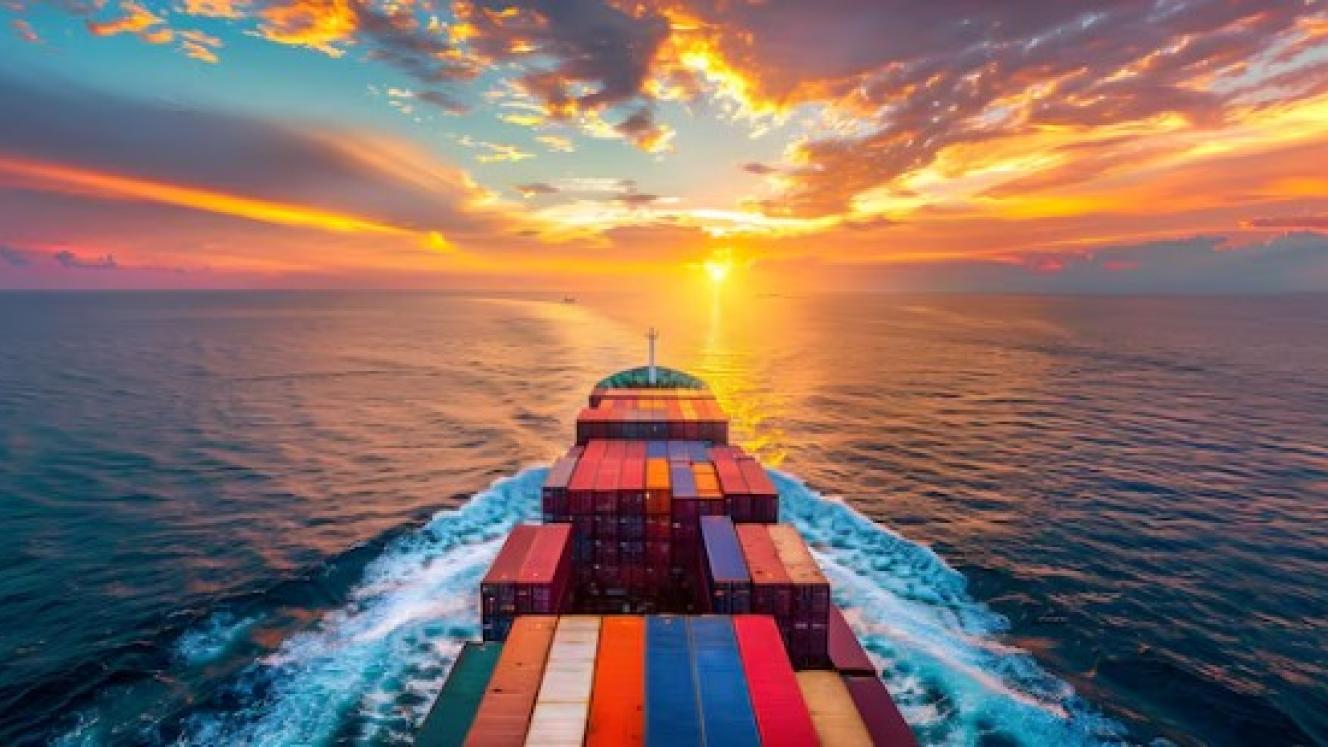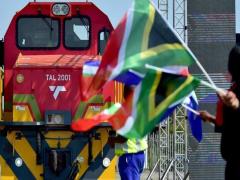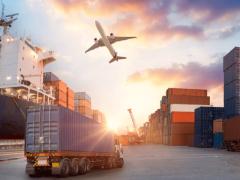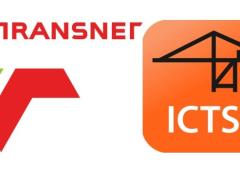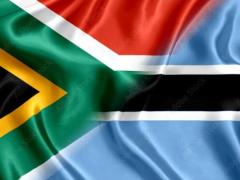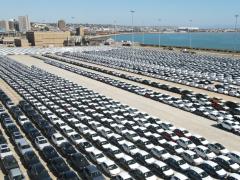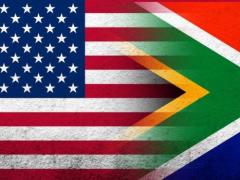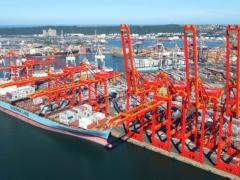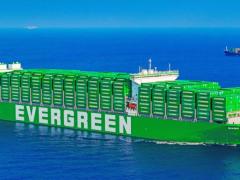Illegal fishing trawlers continue to enter South African commercial water without the Department of Forestry, Fisheries and the Environment (DFFE) presumably taking the necessary action to fulfill its oceans economy mandate under Operation Phakisa.
According to Unathi Sonti, chairperson of the Maritime Business Council, the DFFE “knows about it (illegal fishing) as they have been alerted numerous times”.
Over the past weekend various sources said at least one unmarked vessel had been spotted off the Jeffreys Bay coast, while several unidentifiable vessels gathered close to shore near Mdambe, west of Port St Johns on the Eastern Cape’s Wild Coast.
Sonti said illegal, unreported and unregulated (IUU) fishing in various locations, especially along the Wild Coast, was frequently reported to the DFFE but “seemingly left unattended”.
“The South African government knows about this but the authorities aren’t doing anything.”
He said from what was known, many of the vessels were linked to Chinese-run fishing activities linked to high-profile politicians.
People from local communities continue to talk about the trawlers, “who come out at night with their strong lights,” Sonti said.
Sources on social media commented over the weekend that the trawlers were there to fish for shad and sardines, currently getting ready to swarm towards breeding grounds out east.
In addition to shad, the sardines, which can reach a biomass of 40 000 tonnes in peak years and has been described as the seventh natural wonder of the world, also attracts various other game fish – yellowtail, tuna, mackerel and cob.
While the trawlers appear to sit and wait for the annual pelagic fish migration to start, nothing appears to be done towards enforcing laws crucial for the protection and sustainable use of South Africa’s marine resources, particularly under Operation Phakisa, the blue economy initiative launched in 2014.
Under Operation Phakisa, the DDFE is supposed to enforce the Marine Living Resources Act, the National Environmental Management Act, the Marine Pollution Act, and the Integrated Coastal Management Act, to name only a few of the department’s laws.
Furthermore, it is the responsibility of the South African Maritime Safety Organisation (Samsa), operating on behalf of the Department of Transport, to oversee that vessels operating in South African waters are registered as per the regulatory framework of the International Maritime Organisation (IMO).
This includes seafarer registration and ensuring that all vessels entering the country’s exclusive economic zone are IMO-registered and clearly identifiable when at sea.
The responsibilities of the DFFE and Samsa was confirmed by FishFORCE, a training and research facility affiliated with the Nelson Mandela University in Gqeberha (Port Elizabeth).
Writing for the Daily Maverick in 2022, FishFORCE founder, Professor Hennie van As, said the “illegal harvesting, processing and trading of fish and seafood globally is so huge that it is in effect a parallel economic system, undermining sustainable economic growth and posing a significant challenge to fisheries’ law enforcement agencies across the world.”
At the time, he reported that southern and East Africa lost about R12.2 should that be million/billion? to IUU fishing.
“South African fisheries are a target for organised crime and the country is losing massive amounts of revenue. Treasury and the South African Revenue Service must become more involved. Billions of rands and national marine resources are being lost,” he said.
- Freight News approached various officials at the DFFE and Samsa for comment on this matter. We will also endeavour to secure comment from the Consulate General of the People’s Republic of China. This is a developing story.
